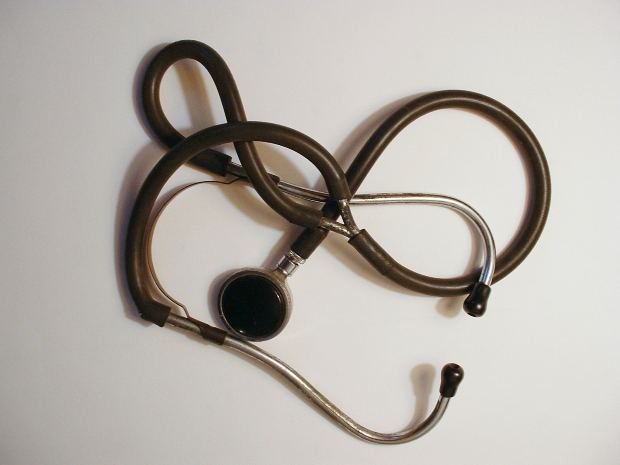According to the Alzheimer’s Association up to 50% of dementia cases involving people under the age of 65 may actually be the condition known as frontotemporal dementia (FTD). More likely to hit at a younger age than those struck with Alzheimer’s, doctors are also now finding that the condition occurs more commonly than previously thought.
FTD begins with behavioral problems because nerve cells in the frontal lobes have died. Then, as the condition hits other parts of the brain, memory loss occurs. Other symptoms may include loss of inhibition affecting self-control, judgment, and the ability to make decisions, as well as apathy and loss of empathy. Eventually, the symptoms become similar to that of Alzheimer’s and many patients afflicted with FTD end up in nursing homes.
At Altman & Altman, LLP, our Boston nursing home abuse and neglect lawyers represent the families of patients who received poor care or were abused and sustained injuries or other health issues or even died as a result. Please contact our Massachusetts nursing home negligence law firm today.
 Boston Injury Lawyer Blog
Boston Injury Lawyer Blog


 Regulators had received a series of complaints of patients being ignored, left unattended, and being left in bed without bed linens and only wearing hospital gowns, as well as reports of staff members being rude, disrespectful, mean, and abusive toward patients. These reports ultimately prompted investigators to search the unit where they found damaged furniture, missing privacy curtains in patient rooms, dirty floors, and absolutely squalid conditions. In addition, officials found that staff members did not know how to properly use the electronic record system used for maintaining patient records, which ultimately posed a risk of danger to patients being treated within the unit.
Regulators had received a series of complaints of patients being ignored, left unattended, and being left in bed without bed linens and only wearing hospital gowns, as well as reports of staff members being rude, disrespectful, mean, and abusive toward patients. These reports ultimately prompted investigators to search the unit where they found damaged furniture, missing privacy curtains in patient rooms, dirty floors, and absolutely squalid conditions. In addition, officials found that staff members did not know how to properly use the electronic record system used for maintaining patient records, which ultimately posed a risk of danger to patients being treated within the unit.






